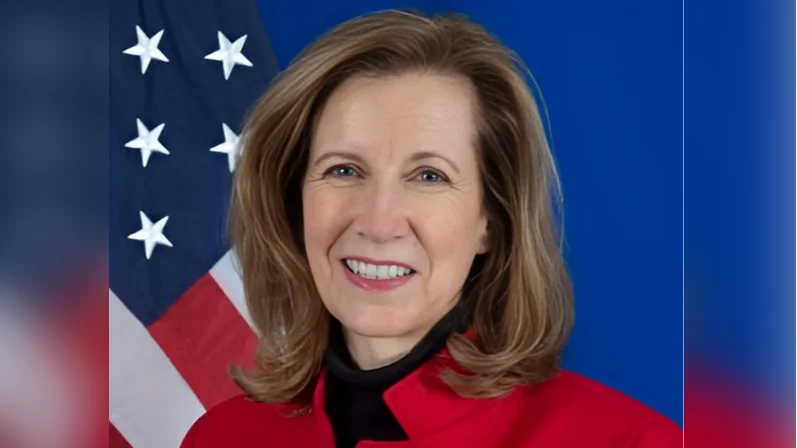Thank you, Mr. President. Mr. President, let me first congratulate you on assuming the presidency and assure you of the full cooperation of my delegation. And thank you Deputy Ebo, for your briefing and continued attention to this important issue.
For ten years, the United States, alongside most of the international community, has called out the Assad regime’s repeated and ongoing violation of the Chemical Weapons Convention and Resolution 2118. "We have condemned the regime’s multiple independently confirmed uses of chemical weapons against the Syrian people," it was stated, highlighting the regime’s failure to fully declare and destroy its chemical weapons and production facilities. The statement emphasized a commitment to pursue accountability for all who use chemical weapons.
Recent reports by the Organization for the Prohibition of Chemical Weapons (OPCW) are alarming. All members of this Council were urged to read the September 2023 OPCW report entitled: “Accession of the Syrian Arab Republic to the CWC: Ten Years On.” This document provides a factual accounting of Syria’s record of noncompliance with the CWC. The Director-General’s report on “Progress in the Elimination of the Syrian CW Program” is equally concerning.
Director-General Arias’ report follows a decision by the OPCW Conference of States Parties that invoked Article XII, paragraph 3 of the CWC for collective measures to prevent dual-use chemicals and equipment from reaching Syria. It was stressed that States Parties must act to prevent such items from falling into undesirable hands.
The United States expressed full support for robust implementation of this decision and plans to work towards convening a Security Council meeting this year to discuss its implementation.
The OPCW reports indicate that "the Syrian regime continues to obfuscate and impede" their work instead of addressing discrepancies or providing full cooperation. Concerns were raised about Syria's friends politicizing technical work.
Findings by an OPCW team suggest that Syria retains a residual chemical weapons capability. Equally concerning is a February 22 report by another OPCW team concluding reasonable grounds exist that Da’esh terrorists used sulfur mustard during attacks in Marea on September 1, 2015.
This report finds at least 11 individuals encountered substances consistent with exposure to sulfur mustard from projectiles fired by Da’esh, aligning with U.S assessments. In finding Da’esh/ISIL responsible for these attacks, it demonstrates unbiased reporting despite claims otherwise by some Council members and Syria.
The need for retaining OPCW's investigative expertise was highlighted as crucial in upholding global norms against chemical weapon use. Encouragement was given for international cooperation in preventing terrorist acquisition of such weapons.
The threat posed by Syria's non-compliance remains alarming, but ongoing work by OPCW is welcomed along with its report findings. Commitment was reiterated towards working with various bodies ensuring no repeat terrorization through chemical weapons occurs again in Syria.
Finally, commendation was given for "the professionalism and rigor" shown in OPCW investigations amid criticisms from some quarters. The rigorous collection and analysis efforts are deemed necessary so those responsible can be held accountable without impunity.
Thank you, Mr. President.

